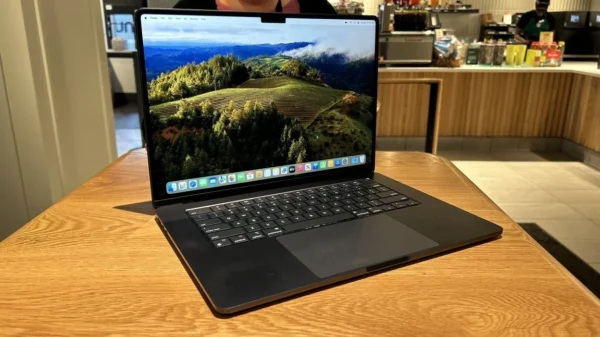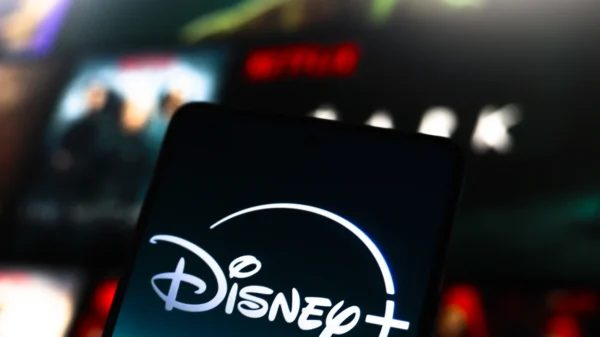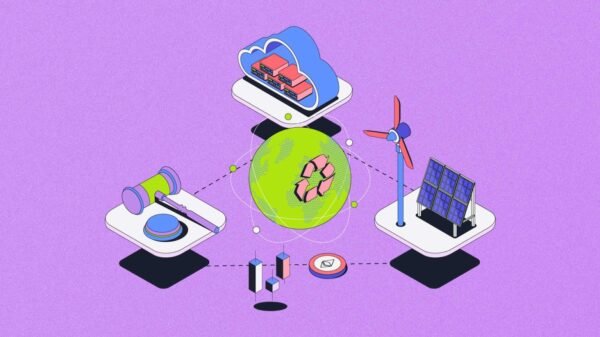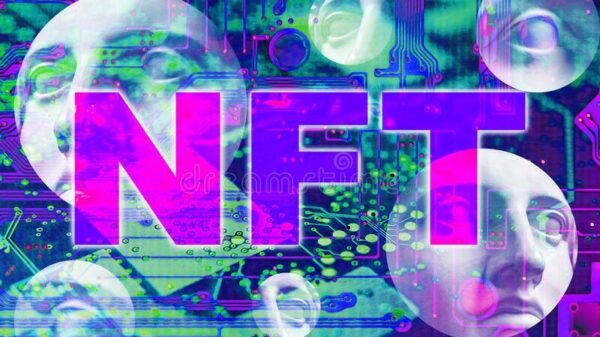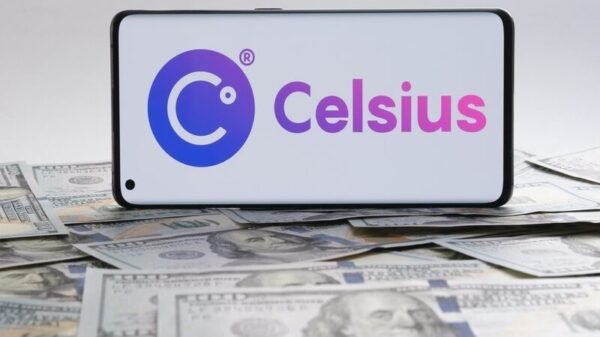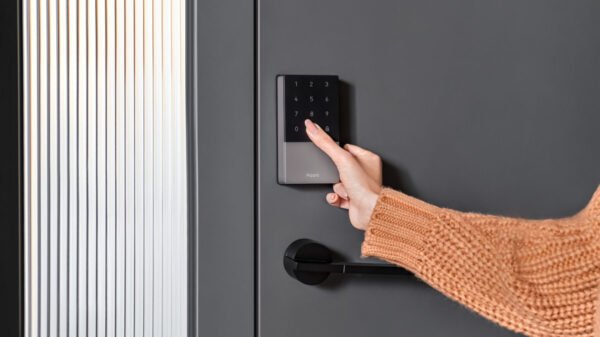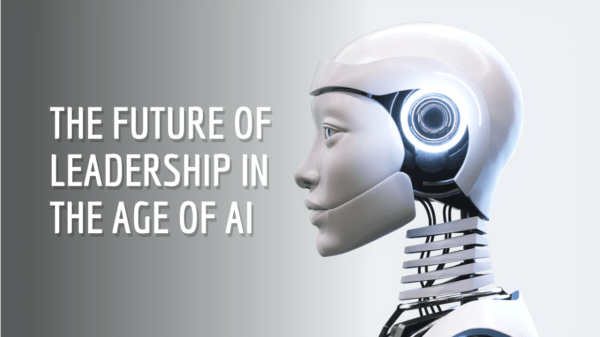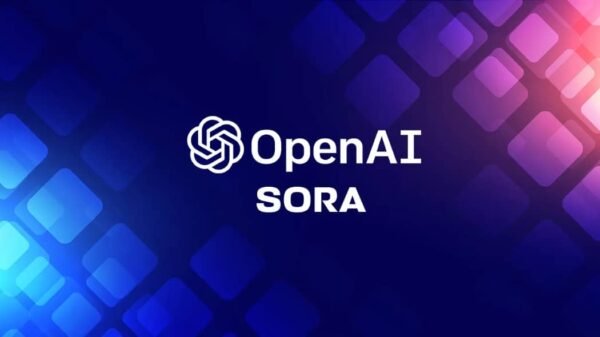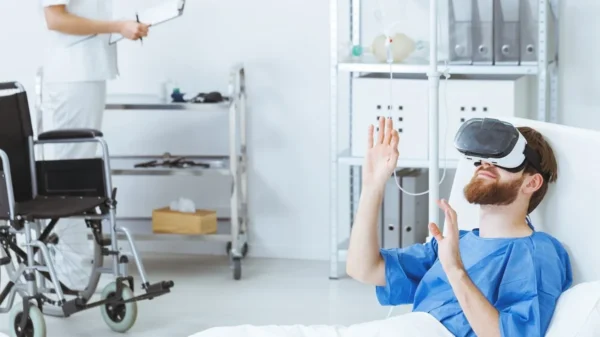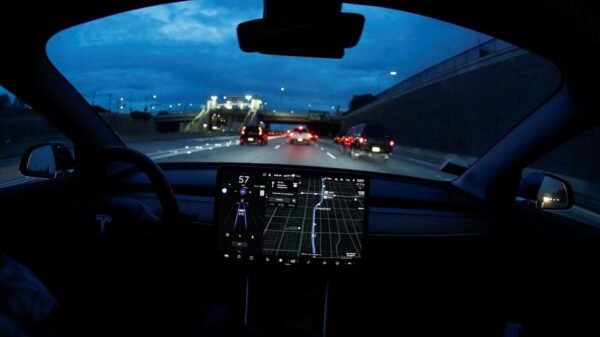Toku’s current CEO and co-founder, Ehsan Vaghefi, had a difficult upbringing as a child because his father, who suffered from congenital glaucoma and was blind at the age of four, was his primary caregiver. Consequently, his father became associated with the Blind Foundation in Iran, where he was originally from. According to Vaghefi, the majority of his childhood companions were either blind themselves or had a father who was blind.
Vaghefi considered attending school to become a clinician to assist individuals in a predicament comparable to his father’s. However, he was also curious about how technology might be utilized to assist a greater number of people than a single clinician could handle. After changing his attention to health technology, he established Toku to investigate the diagnostic potential of ocular imaging and the role it may play.
“Early on in life, I understood that if I became a clinician, I would be limited by the number of hours in my day, and [I] made it my mission to bring health to the masses through technology and innovation,” said Vaghefi, who is also an associate professor in Optometry and Vision Science at the University of Auckland. He has to his name five patents, 50 publications, and more than $15 million in grants received in research that centers around the early detection of disease through ocular imaging.
“I have dedicated every waking moment of my adult life to making affordable and readily available disease screening available to everyone, everywhere, in the hopes that no child will ever have to grow up with a parent who is afflicted with a disease or has passed away.”
Since there is a significant connection between glaucoma and heart-related disorders, inspecting a patient’s eye can offer a physician an indication of how that patient’s cardiovascular system is doing. This is the beginning point that Toku uses. The company’s primary offering, Clair, is a non-invasive, artificial intelligence (AI)-powered retinal scan and technology platform. Clair can detect cardiovascular risks and linked disorders such as stroke and type 2 diabetes.
The platform’s method is entirely new: CLAiR uses AI to “read” tiny signals from the blood vessels found in the retinal scans. Toku claims that it can figure out in less than 20 seconds if someone is at risk for heart disease, high blood pressure, or high cholesterol. Additionally, because it is compatible with previously developed retinal imaging cameras, the diagnostics it measures can be included in any stain eye exam.
At the beginning of this year, the company completed a Series A fundraising round, which brought in eight million dollars from the optical store National Vision and the Japanese company Topcon Healthcare. However, we are just in the beginning phases of this process.
Clair was awarded “breakthrough device status” by the Food and Drug Administration (FDA) of the United States earlier this month. This certification allows CLAiR to function on retinal imaging cameras already in use.
The CEO’s explanation stated that the FDA’s breakthrough device designation “significantly shortens the de novo process” to reach the market. This provides Toku with access to “a designated FDA team of experts working with the startup to de-risk the accreditation process,” as the speaker explained.
According to Vaghefi, “every product that obtains its final FDA approval through the breakthrough designation program has the opportunity to receive an automatic current procedural terminology (CPT) reimbursement code immediately after the final approval of the product.” [CPT] stands for “current procedural terminology,” which is a reimbursement code for medical procedures.
However, this implies that it is not yet available elsewhere. The firm says it would be the first medical device company in the United States to offer a cheap and non-invasive method to identify the risk of cardiovascular disease using an image of the retina situated in the back of the eye if it is finally authorized and accredited by the FDA. This would make the company the first of its kind in the world.
2019 saw the beginning of the company’s operations in Auckland, New Zealand, which employs twenty people. At the beginning of this year, it relocated its headquarters to San Diego, California.
Toku anticipates that it will be able to launch its pivotal trial in the middle of 2024 and bring its product to market by the end of 2025. It is collaborating with critical supporters like Topcon Healthcare and National Vision to prepare for that rollout, which will occur when it receives final clearance.
It is important to note that Toku is not the first startup company to develop a device that may diagnose cardiovascular illness by examining a person’s retina.
Five years ago, Google and Alphabet’s Verily announced that they were working on an artificial intelligence program that might determine a patient’s risk of developing heart disease by analyzing their eye scans. However, this has not yet been implemented everywhere. In the meanwhile, the newly developed AI tool has the potential to supplant several traditional diagnostic procedures, including X-rays, CT scans, and MRIs. Another firm that operates similarly is called MediWhale. This startup is situated in South Korea, and it has developed an AI-based, non-invasive retina scan that can identify heart and renal diseases.
Asymptomatic individuals with routine eye exams will constitute most of Toku’s end-users. When implemented, it is intended to be used in retail optometry, primary care offices, ophthalmology clinics, and pharmacies outfitted with retinal cameras.
Patients who have been found to have an elevated cardiovascular risk by CLAiR will be directed to their primary care physicians to undergo further testing after this has been accomplished. Toku responded to a privacy and data retention policy question by stating it adheres to the Health Insurance Portability and Accountability Act (HIPAA) and ISO 13483. This ensures that only authorized parties can access a patient’s health data.
“We do not use patient information for research or AI training unless explicitly stated,” the chief executive officer (CEO) remarked. At any point in time, the patient has the right to request that their data be destroyed, and this request will be processed without delay. Using local servers and infrastructure, we ensure compliance with data sovereignty regulations in every nation.

